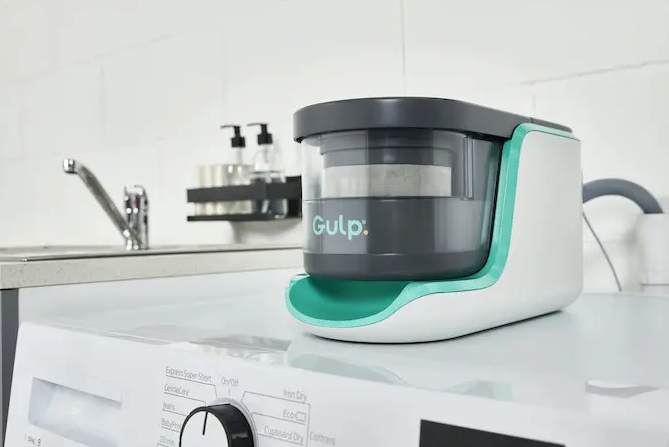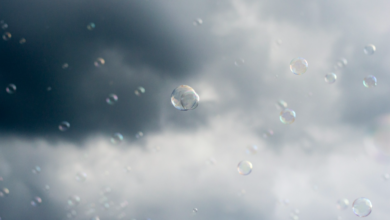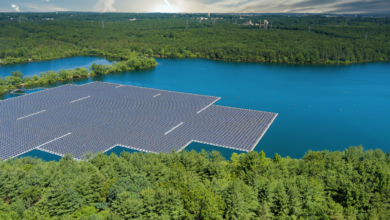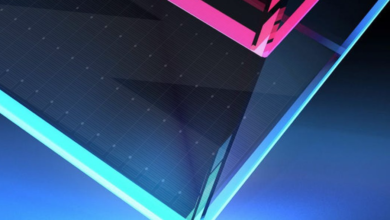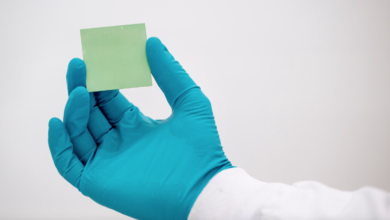Gulp captures microplastics of washing machine drains
How to catch microplastics before they reach the sea
(sustainabilityenvironment.com) – Part of the pollution from microplastics comes from daily activities such as washing synthetic garments in the washing machine. The fragments, in the form of microfibers, are released through the exhaust pipes and from there they can end up directly in the sea. A new device, called Gulp, could solve the problem: applied directly to the exhaust pipes, Gulp captures the microfibers and makes possible their correct disposal.
The device is the result of the invention of Adam Root, British engineer already engaged in design for Dyson and now founder of his company, the Matter.
Reducing microplastic pollution from household washing machines
Through Gulp it is possible to capture the synthetic microfibers freed from washing in the washing machine before they end up in rivers or in the sea. The device is compatible with every brand and model of the washing machine because it is applied directly to the drain pipe, from which passes the water used during washing, with the application of a filter that collects the microplastics and stores them in a cup, Let the purified water pass by. The filter of the device is able to capture up to 90% of the microfibers from washing loads and, unlike other existing filtering systems, is removable and reusable. A cup-filter retains its effectiveness for up to about 20 cycles, after which an LED placed on Gulp signals when it is full.
Read also Microplastics found in human blood for the first time
When the container has reached its maximum capacity, it can be removed, emptied and re-applied to the device.
Microplastics collected in the form of microfibers can be sent by users directly to the production company, which initiates them for recycling or uses in research trials to improve product performance. Microfibers not delivered directly to Matter can in any case be disposed of in household waste: a device that, even if they end up in landfills, prevents damage to aquatic ecosystems generated by microplastics.
At this time the Gulp device is promoted through a Kickstarter campaign for which you can pre-purchase it for the figure of 149 pounds, while if it reaches production it is expected a retail price of 250 pounds.


